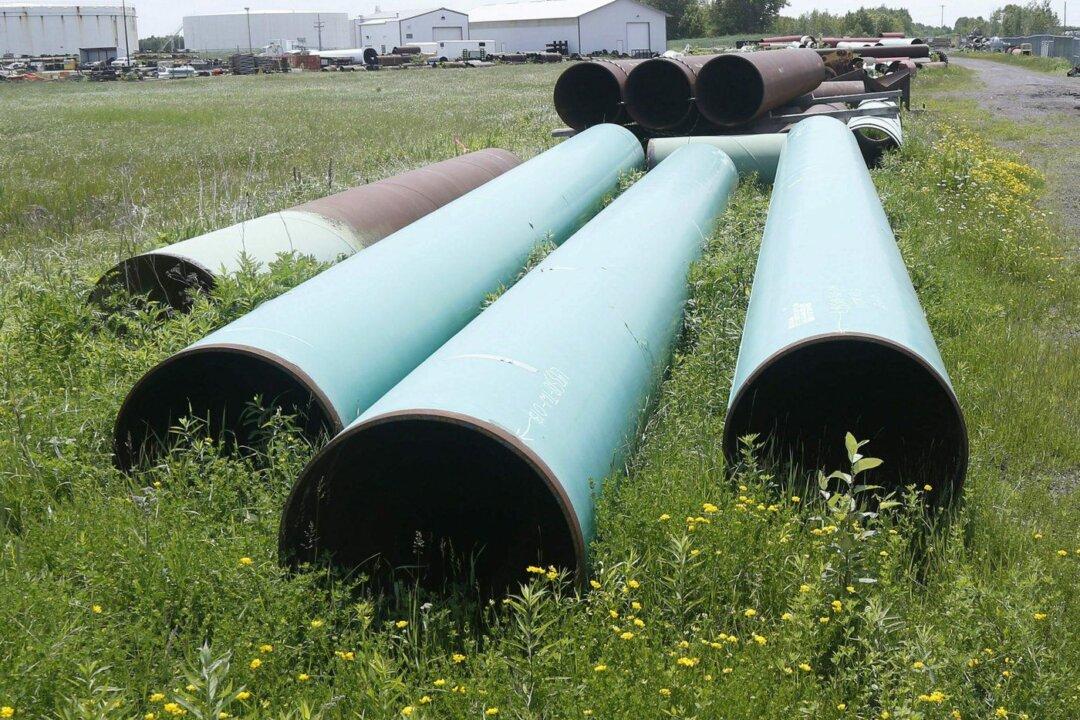A Wisconsin judge has ruled in favour of an indigenous band in its dispute with Enbridge over Line 5, but stopped short of shutting down the controversial cross-border pipeline.
District Court Judge William Conley says the Bad River Band of the Lake Superior Chippewa has proven it was entitled to revoke permission for the pipeline to cross its territory back in 2013.





